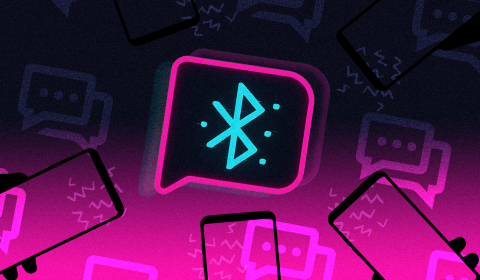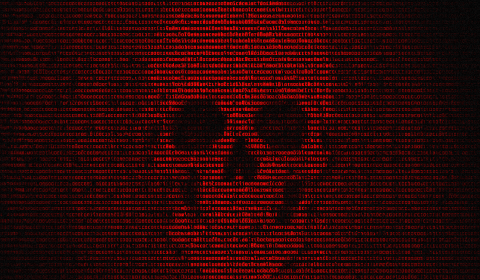PimEyes is the latest AI tool causing a stir on the internet. Although it has been created to help artists, photographers, and individuals ‘protect their privacy’ and personal content online, other internet users see its potential to be ‘a stalkers’ dream.’
The capabilities of Artificial Intelligence (AI) seem to be growing by the minute, but these tools are not always built with just convenience or efficiency in mind.
ChatGPT can help with holiday planning and even offer some relatively unbiased advice, while Midjourney helps to create incredibly realistic or imaginative photos – but other AI systems can be used for much more strange reasons.
The latest tool, PimEyes, uses facial recognition search technologies to perform reverse image searches on the internet. After uploading an image, the tool is programmed to identify matches from anywhere online, showing you any website the image has ever been used.
Marketed as a ‘search engine for everyone,’ PimEyes was created to aid with auditing copyright infringement, but some internet users have labelled it a ‘stalkers’ dream’.
PimEyes is a website that allows users to search for a person's identity using their photo.
Anyone can use the website to search for people online.
This can be used for malicious purposes such as stalking or doxing.
PimEyes is not the only company that offers this type of… pic.twitter.com/8jZmgYlqR5
— Hadi & Co (@hadi__co) February 1, 2024




















